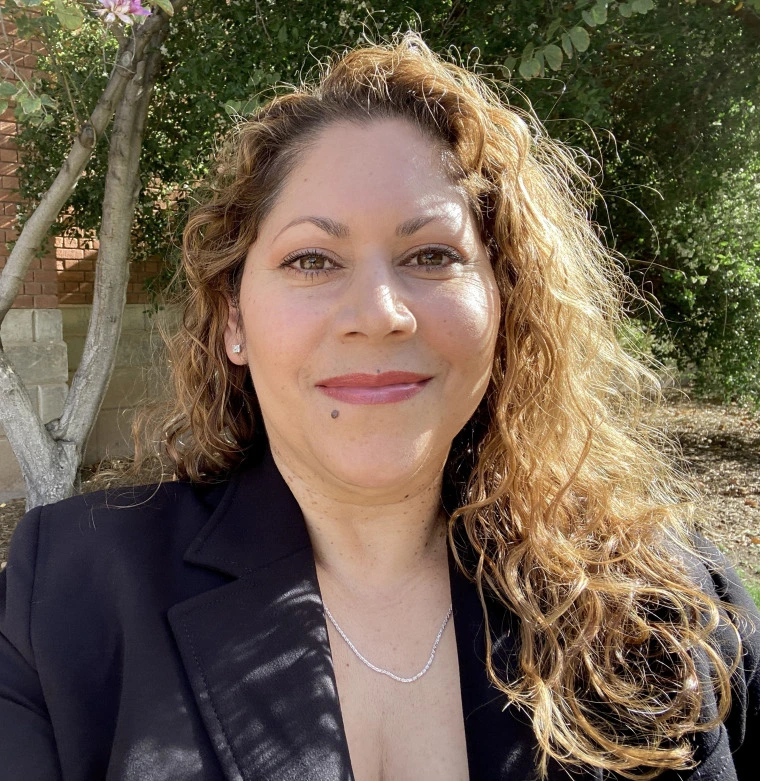Erika Pérez

My first book Colonial Intimacies: Interethnic Kinship, Sexuality, and Marriage in Southern California, 1769-1885, published in 2018 by the University of Oklahoma Press, received the Armitage-Jameson prize from the Coalition for Western Women’s History for the most outstanding monograph published in American Western women’s, gender, and sexuality history. In it I explore intimate relations between European colonizers and Indigenous peoples in the Spanish and Mexican borderlands to determine how daily interethnic encounters, whether through sexual contact, marriage, or kinship practices extended and impeded the conquest of California. My research sheds new light on the contributions of Indigenous and Spanish-Mexican women as creators and sustainers of culture and community, whether as midwives, as mothers and godmothers, or as cultural brokers between their ethnic community and foreign-born husbands. I examine legal changes wrought by successive waves of geopolitical conquest and how Spanish and Mexican Catholic godparentage traditions shared similar goals with new U.S. guardianship, vagrancy, and indenture laws by undermining Indigenous family-formation and bodily autonomy. I also evaluate rising tides of violence against Indigenous and Spanish-speaking women brought on by the Gold Rush and U.S. rule and how these women adapted to new legal options to seek relief from abuse. Finally, I explore the struggles and strategies of parents rearing biethnic and bicultural children in early California and the uneven effects for boys and girls in marriage, education, inheritance, and employment prospects, particularly after the transition to U.S. rule. Because my study traverses California’s Spanish, Mexican, and early U.S. periods, it contributes a broad scope and transnational view of the region.
My second book project is a multiracial, multiethnic history of sexuality, gender, ethnicity and the law in nineteenth century California. I focus on women’s wage labor (including sex work), their vulnerability to predatory employers and the occupational limitations they faced, popular discourse about sexuality, class, and ethnicity, particularly in age of consent debates, anti-vice reform, sex scandals involving breach of marriage promise and seduction, and abortion and infanticide cases. I examine the barriers that women and minor children faced in courts of law when they testified in criminal and civil proceedings and how legal authorities and juries assessed their personal reputation when making determinations about legal competency. Such a study offers a window into California’s evolving sexual culture and begs the questions: Was California reflecting a uniquely U.S. Western context because of its racial and ethnic diversity? Or was it representative of shifting gender norms and sexual practices at a national level?
I am very active in professional service on many fronts. I currently serve the Western History Association as a co-founder and acting chair of the Committee on Assault Response and Educational Strategies, as an advisor for the Committee on Race in the American West, and as co-chair of the Coalition for Western Women’s History’s LGBTQIA+ organizing committee (QuIT). I am also a member of the OAH’s Committee on the Status of African American, Latino/a, Asian American, and Native American (ALANA) Historians and ALANA Histories.
I currently hold the following position at the University of Arizona: Associate Professor of History with affiliations in Gender and Women's Studies, Mexican American Studies, the Institute of LGBT Studies, and Latin American Studies. I have served on graduate dissertation committees in U.S. and Mexican American history, early modern European and Reformation history, Native American history, and Latin American history.

